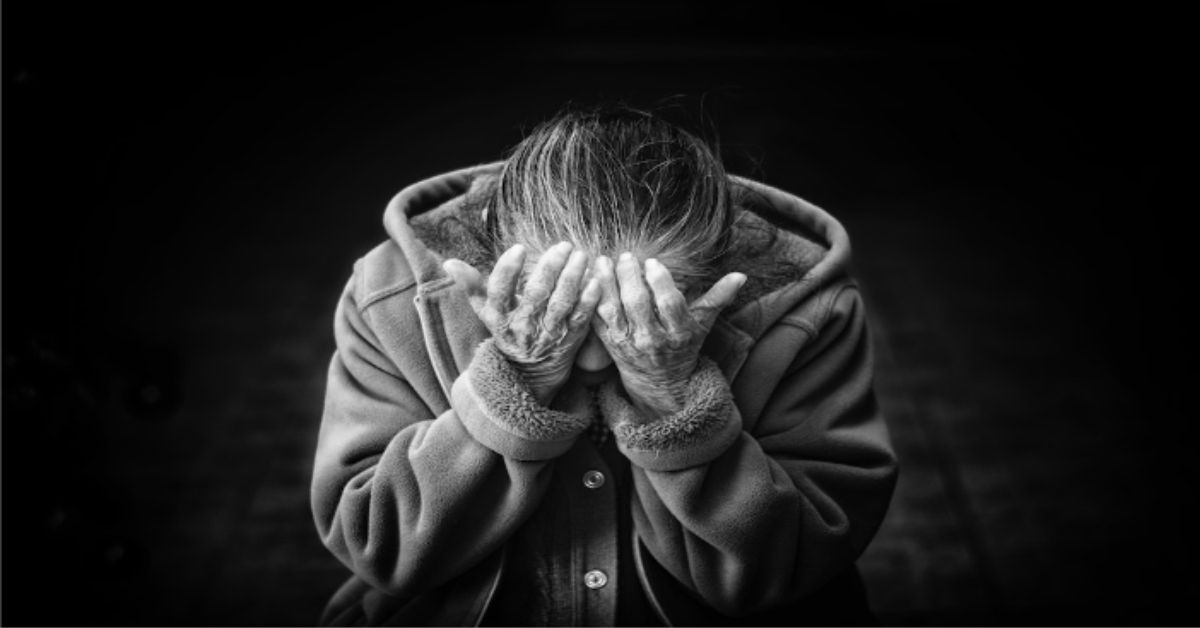Alzheimer’s Disease is a progressive condition that destroys a person’s memory and other mental functions. There are over 3 million cases in the United States every year. It can be one of the most painful and difficult diseases to witness as a family member of someone who suffered from Alzheimer’s.
Bay Vista Assisted Living in Long Beach, New York offers assistance to residents who suffer from this degenerative disease. We take pride in tailoring our professional aid to each individual resident and their families. To do so, you must first understand what exactly Alzheimer’s Disease is, its symptoms, and possible treatments.
What is Alzheimer’s Disease?
Alzheimer’s Disease is a regressive cognitive condition that affects a person’s ability to remember things and perform other important mental functions. The brain cells themselves degenerate and die, which destroys many mental functions, including memory.
The disease is very common and is often seen in people ages 65 and older. While there is limited research as to what exactly causes the illness, research shows that people who develop early symptoms have amyloid plaques or tau tangles in the brain. However, these changes occur way before true symptoms of Alzhemier’s begin to show and not everyone who develops these plaques or tangles will have the illness. Regardless of cause, once symptoms begin to form there are many medical programs in assisted living that can support residents with Alzheimer’s.
Symptoms of Alzheimer’s Disease
One of the most common symptoms of Alzheimer’s is memory loss. However, it’s not just as simple as forgetting something. It’s forgetting innate things frequently. Forgetting the right word, understanding relationships, or impaired reasoning and judgment are also early symptoms of the disease.
Typically with this specific illness, the symptoms progressively get worse over time. In severe cases, people lose the ability to communicate altogether and become completely dependent on others for care. In this instance, Alzheimer’s disease care services are vital to residents who suffer the most extreme cases. They may be bed-ridden most if not all of the time as their body begins to shut down.
Treatments of Alzhiemer’s Disease
Unfortunately, there are no cures for Alzheimer’s at the present time. However, there are many treatments and therapies that can improve symptoms temporarily.
Therapies
Because Alzheimer’s is such a complex disease, it’s difficult to treat with one type of medicine or therapy. That being said, there are plenty of options offered by medical programs in assisted living that can improve symptoms. Cognitive stimulation therapy is where people can participate in group activities and skills that are designed to improve memory skills.
Cognitive rehabilitation is where a patient works with an occupational therapist and a family member to achieve a personal goal. The mission of this therapy is to get the patient to use the parts of their brain that can function properly to help the parts that cannot. Simple tasks like learning how to properly use a computer or cellphone is a way in which this therapy works.
Medicines
There are numerous medications out on the market that have been used to treat the symptoms of Alzheimer’s. However, as of last year there was a new drug introduced that has become the first FDA approved disease modifying medication for the disease.
Aducanumab is the new drug that has begun to make waves in the realm of Alzheimer’s. It is a form of immunotherapy that works by targeting a protein called beta-amyloid which is responsible for producing the amyloid plaques and tangles mentioned earlier. This drug has become a common form of treatment in Alzheimer’s disease care services for those who show early symptoms.
Assisted Living at Bay Vista
At Bay Vista assisted living in Long Beach, New York, we understand the challenges that this disease presents to our residents and their families. That is why we take pride in our top notch personal care assistance and therapy services. Alzheimer’s Disease requires constant treatment and support from our staff and family members. To find out ways in which we can help, please visit our website or give us a call.


